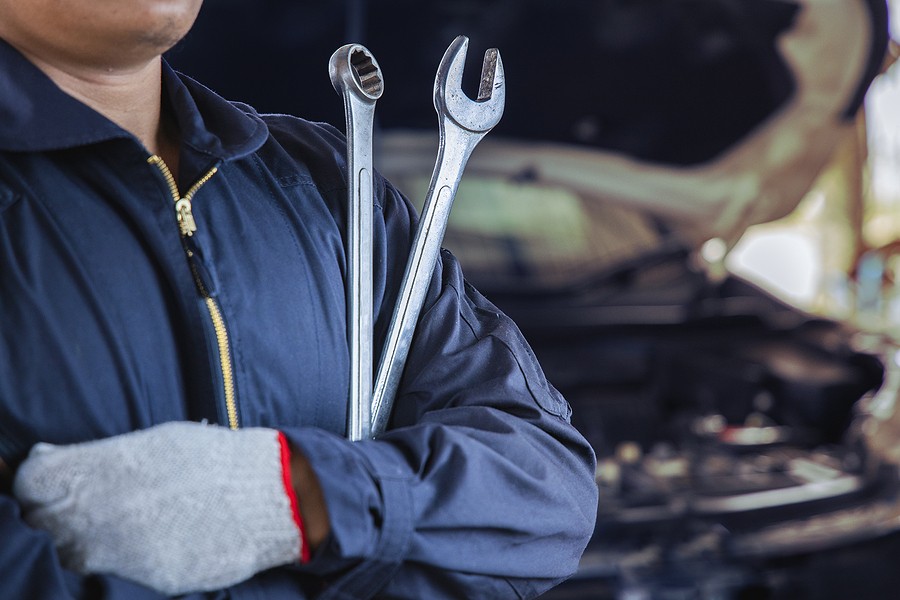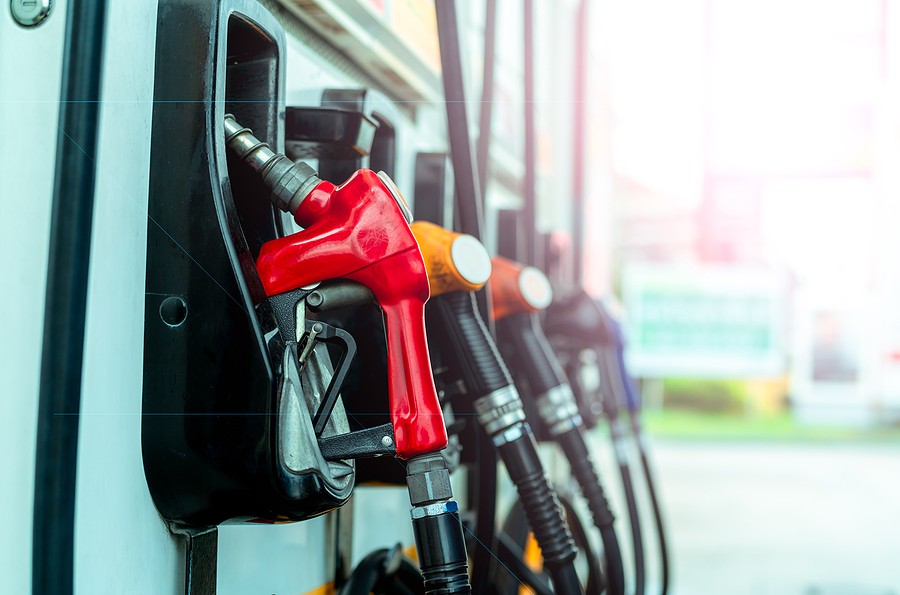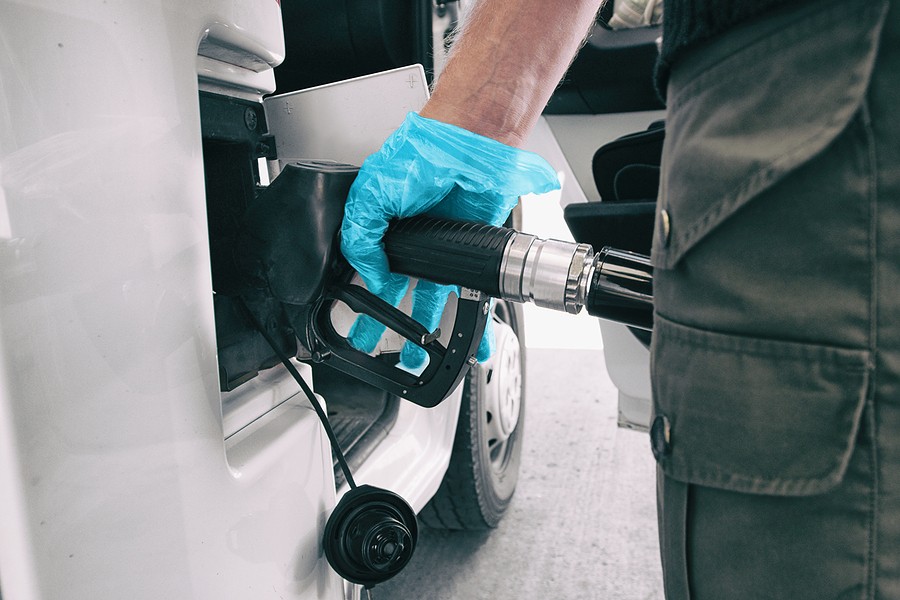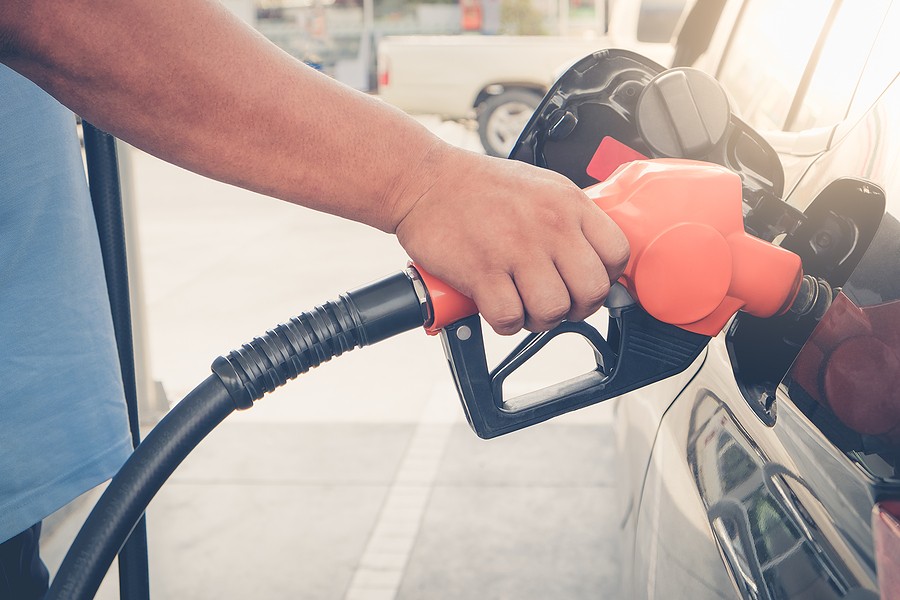Do you need premium gas? The short answer is not necessarily. Unless your vehicle says “premium fuel required,” you don't have to use premium fuel.
Have you ever been to the gas station and noticed that there are different grades or different fuel levels? Some of them are more expensive, while others are more affordable. Unfortunately, there's a common misconception that the more expensive the fuel, the better it is for your vehicle. That's why some inexperienced drivers might decide to switch to premium fuel. However, that is not always applicable and while premium fuel might provide great benefits, do you think it's suitable for your vehicle?!
Many fuel companies claim tons of benefits about premium fuel but not for every car. For example, you might have heard that the premium fuel will provide you with corrosion prevention, enhancement in the fuel economy, engine knocking prevention, and more. However, does this always work? Do you really need premium gas?
This article will provide you with a true answer that no one will tell you about unless you dig deeper!

What is so special about premium gas?
Before we dive into the details about “do you need premium gas?” We must get a general understanding of the main difference between the regular fuel and the premium one.
In general, all fuels are made of hydrocarbons, and these hydrocarbons are refined from raw crude oil. The crude oil is broken down into different hydrocarbons, and some companies might add certain additives to provide you with the final version of the fuel you're using in your vehicle every day. The final fuel will have certain capabilities to improve the combustion and prevent any carbon buildups and other benefits depending on the level of additives.
This is for the regular fuel type, but what about the premium gas? What's so special about premium gas and why is it's very popular that it will provide you with many benefits?!
There's only one major difference between the normal gasoline and the premium gas, which is the octane level. Octane is one of the different types of carbons contained inside gasoline. The more the octane, the more your fuel will provide you with a specific characteristic resisting detonation. Not every vehicle has a detonation problem, and it only is required if your vehicle is designed in a certain way or if your vehicle is very old.
Automotive experts confirm no huge difference between the amount of energy stored in regular gasoline and the premium one. Therefore, before you decide on switching to premium gas, you must think twice.

What benefits does a premium gas provide your vehicle with?
If all the premium gas is to prevent detonation, how does this help your engine, and what does it mean exactly?
To explain this concept of detonation, let's step back and revise how the diesel engines work. If you don't already know, diesel engines don't have spark plugs, and the air-fuel mixture does not get ignited through a spark plug; instead, it relies on a massive compression to cause the explosion and then produce the energy.
In some high pressure and high compression engines, a similar principle might happen, which should not appear. In other words, gasoline engines should operate using spark plugs, and the compression should not cause the air-fuel mixture to explore. However, depending on your vehicle’s compression level and pressure, you might get to a point where the detonation or the rapid explosion happens before it should. Imagine what this means?
It means that the air-fuel mixture will burn before the spark plug sends the spark. As a result, you'll deal with all sorts of problems related to the rapid explosion in your engine. For example, you'll notice this in engine pinging or knocking. That is hugely stressful for all drivers because it can easily damage the engine prematurely, which means massive repair costs.
Do you need premium gas?
As we mentioned earlier, the huge difference between the regular gasoline and the premium one is the octane level which has to do with the vehicle engine detonation. So, of course, there is a difference in the number that you'll see on the pump, which reflects the octane level and the fuel. So, for example, regular gasoline will have numbers around 87 while the premium gas should have somewhere between 91 and 93 octane levels.
One might still wonder, “do you need premium gas?” Premium gas is essential if your vehicle needs it. In other words, your manufacturer should know about the level of compression in the engine. If the manufacturer expects that detonation might happen, you'll be required to use premium gas.
You'll see a note somewhere in your engine compartment that you sometimes have to use premium fuel; this note should be available on the fuel cap or somewhere closer.
Does this mean that I cannot use it if my vehicle does not require premium gas?
No, sometimes there are some instances where your mechanic might advise you to switch to premium gas. For example, say that you're driving a vehicle with an engine that has some detonation problems. Older engines might also experience this problem and have issues with the compression level. In that case, you should switch to this premium gas.
However, if your manufacturer is not asking you to use this gas and if you are not experiencing any detonation related problems, you are just wasting your time, money, and efforts switching to more expensive gasoline because you already know that there is a significant difference when it comes to price.

What happens if you use regular gas instead of a premium?
We mentioned that you shouldn't switch to premium gas if you don't have to. However, what could go wrong if you decide to go with lower quality or, let's say, a lower octane level gasoline?! So will, many potential consequences could happen, which depends on the number of times you use regular gasoline instead of the premium one.
1. Engine knocking and detonation
The first and most important thing that could happen is engine problems. Of course, engine problems will not occur immediately after using the regular fuel. Still, you'll see some issues in your engine over a very short time, especially related to detonation and other issues.
2. Voiding the warranty
In some instances, if your manufacturer states that you must use premium gasoline in your vehicle, failing to do so might void your warranty which is a massive loss. If you compare the benefits and money-saving you’re getting from switching to a regular gas to the amount of money you're losing and the benefits you're losing from voiding or NT, you'll think twice before going with regular gasoline when your vehicle requires a premium one.
3. Engine failures
Suppose you continue using regular gas instead of a premium one when your vehicle requires one. In that case, you can't easily deal with significant engine problems that might cost you a lot of money, including damaging the entire engine. Remember that vehicles with high compression engines only require you to use premium gas which means your repair costs will be massive if you had to deal with engine problems because of choosing their fuel.
4. Reduce the value of the vehicle
If you deal with engine damages and failures, you will eventually lose your vehicle's value. Imagine if you're trying to sell this car; after all that's been through, you'll definitely not get what you're hoping for, and you will most likely need to drop the price significantly for people to buy it. Therefore, it is important that you think about this problem long-term and never make a simple decision like switching to lower quality or lower octane level gasoline to save a couple of dollars while losing a lot of money down the road.
What if I accidentally put 87 instead of 91?
There are some incidents where you might choose the wrong type of gasoline by mistake. However, this is not a massive mistake because it's not like you switched from gasoline to diesel.
It's fine if it happens one or two times because many fuel companies might even mix different types of fuel, so you want immediately to deal with significant engine damages. Still, you need to focus on the required type of fuel your engine expects to avoid dealing with major complications that will cost you thousands of dollars on repair.

What vehicles require premium gas?
If you want to avoid all problems related to switching from lower octane to higher-octane level, it is nice to familiarize yourself with the different vehicles expected to require premium gas. Therefore, here's a concise list of some of the common regular cars that require premium gas which means you should have paid very close attention to when filling your vehicle with gasoline:
- Buick Envision (with 2.0L turbo)
- Buick Regal (all models)
- Buick Regal tourx (all models)
- MINI Clubman (all models)
- MINI Countryman (all models)
- MINI Cooper (all models)
- Mitsubishi Outlander (with 3.0-L V6)
- Nissan Maxima (all models)
- Volkswagen Arteon (all models)
- Chevrolet Equinox (with 2.0-L turbo)
- Chevrolet Malibu (with 2.0-L turbo)
- Fiat 500L (all models)
- GMC Terrain (with 2.0-L turbo)
- Honda Civic (with 1.5-L turbo)
- Kia Stinger (all models)
If your vehicle is not on this list, we highly encourage you to go through your vehicle owner’s manual because it will detail the type of fuel it's expecting. You can also look at some other locations, as we mentioned, like the fuel cap, and get an idea about what are you required to use a premium gas or not.

Final thoughts
Premium gas is known for providing many benefits to your vehicle. Still, many inexperienced drivers might over expect when it comes to the type of benefits you'll get from the premium guests. That's why it's critical for you as a driver to ask yourself the question do you need premium gas?
This article provided you with a clear answer: you are not required to use a premium gas unless your manufacturer asks you for it or unless your mechanic recommends it. Otherwise, it will be just a waste of money because your vehicle doesn't need it, and you're not going to get any additional benefits as you might be expecting.
Note that if you're using the premium gas to resolve engine detonation problems, you might want to go in a thorough inspection to confirm what's causing this problem. Sometimes the engine might be a portion of its lifetime, and if that's the case, you might want to switch to a better vehicle by selling your old one and using the money to purchase another car to help you save on fuel and other repairs.
Wondering who might accept vehicles with engine problems?! Cash cars buyer!
Cash cars buyer is always here to help you and buy any car that you don't like. Whether this car is damaged or is in good condition, we always have a good quote that is fair for your vehicle.
Cash Cars Buyer is one of the top-rated car removal companies in the nation that guarantees to pay you the top dollars and provide you with free towing despite your living location around the United States.
Our process is very straightforward and doesn't take more than a couple of days to get your car removed safely and for the most money.
All it takes you is to:
- Describe your car’s type and condition
- Receive our instant free quote
- Accept the quote
- Get your car removed and receive your cash payment on the spot!
To learn more about our process and our team, you can reach out to us by calling us at (773) 791-4363 or visiting our home page and clicking on the free instant online offer.



